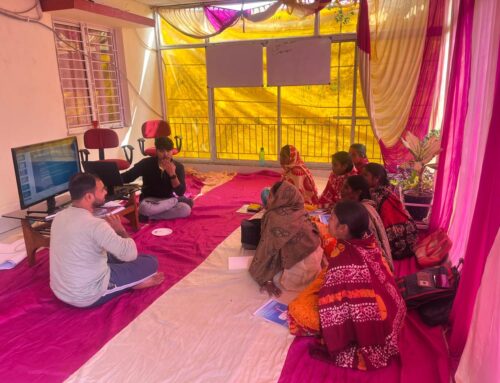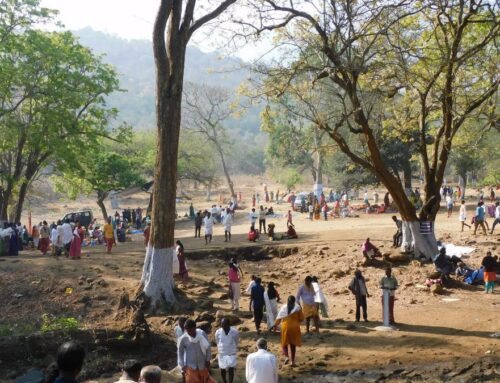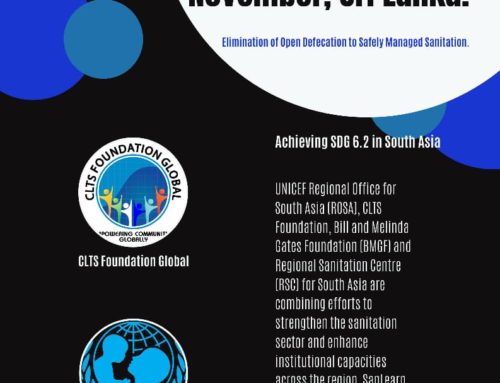
1. What is the Community-led Total Sanitation (CLTS) approach?
A: Community-led Total Sanitation (CLTS) is an innovative approach for empowering communities to completely eliminate open defecation (OD). It focuses on igniting a change in collective sanitation behaviour, which is achieved through a process of collective local action stimulated by facilitators from within or outside the community. CLTS involves no up-front, individual household hardware subsidy and does not prescribe latrine models.
2. How was this idea formed? What were the main triggers that led you to believe in the community level approach to tackle the sanitation problem?
A: The seeds of CLTS were planted in my mind in 1999-2000, when I was in Mosmoil village, Rajshahi district in Bangladesh, examining the impact of a traditional sanitation programme of Water Aid and its implementing partner, Village Education Resource Centre (VERC), which involved subsidies and prescriptions of latrine models.
I was impressed to see the nice toilets and infrastructure in some households in the community. Being an agricultural and natural resources specialist, I always ventured into the farm lands where the programmes were implemented and every day I would step on raw shit on my way to work. I was shocked to see the co-existence of the ‘beautiful’ toilets built by Water Aid & partners and the sight of open shit. This triggered the serious question in my mind as to what would be the overall impact of Water Aid and its partner VERC’s water and sanitation programme.
I was convinced that the programme was implemented perfectly and all the deliverables were in place. But, who benefitted from this programme was a serious question hovering in my mind. This question led me to enquire about the incidences of diarrhea, cholera, stomach ailments and water-borne diseases among the beneficiaries of the project and also the costs incurred by them to treat these diseases.
I learnt that there was almost no impact on the reduction of the incidences of these diseases. When I further enquired about the lack of any positive impact, the community said that most people defecate in the open and some areas of their village were smelly and dirty. The situation became worse during the monsoons which brought devastating outbreaks of cholera and diarrhea in its wake. This led me to believe that the issue of open defecation can be tackled by approaching the community as a whole and not addressing the problem at the individual household level.
Source: The Water Network






Leave A Comment